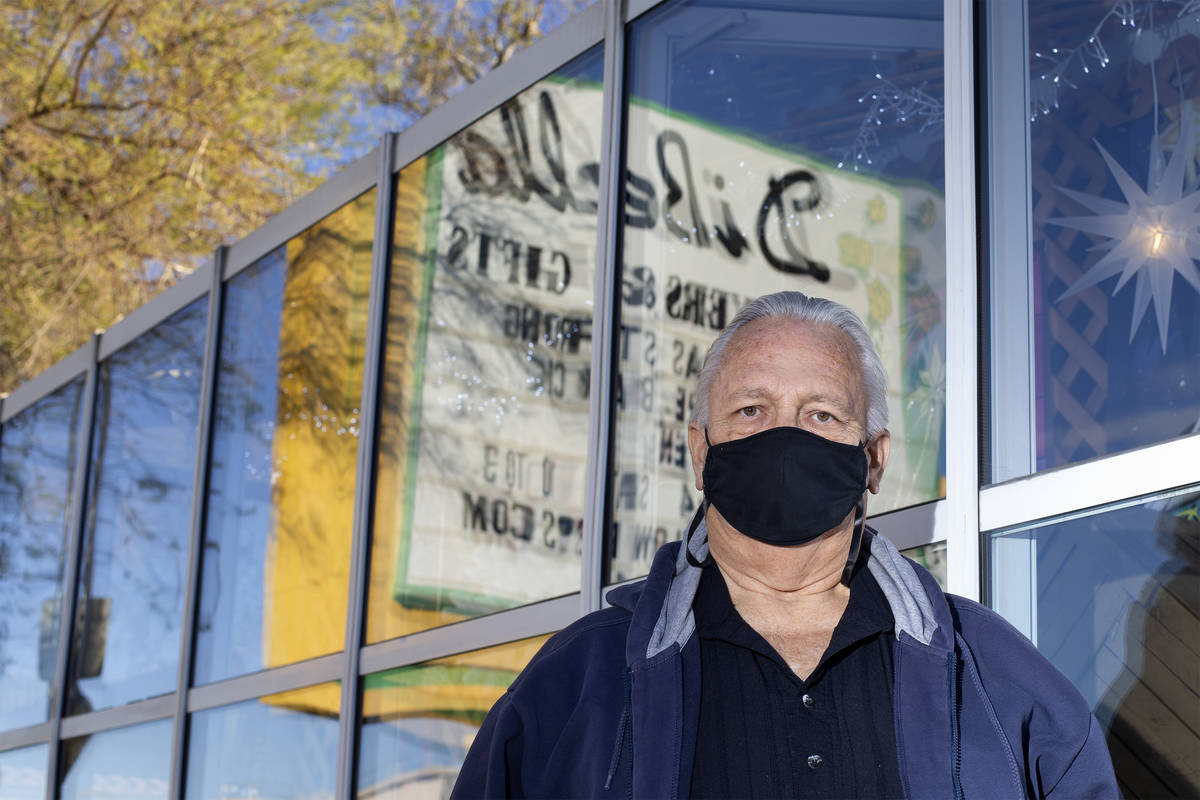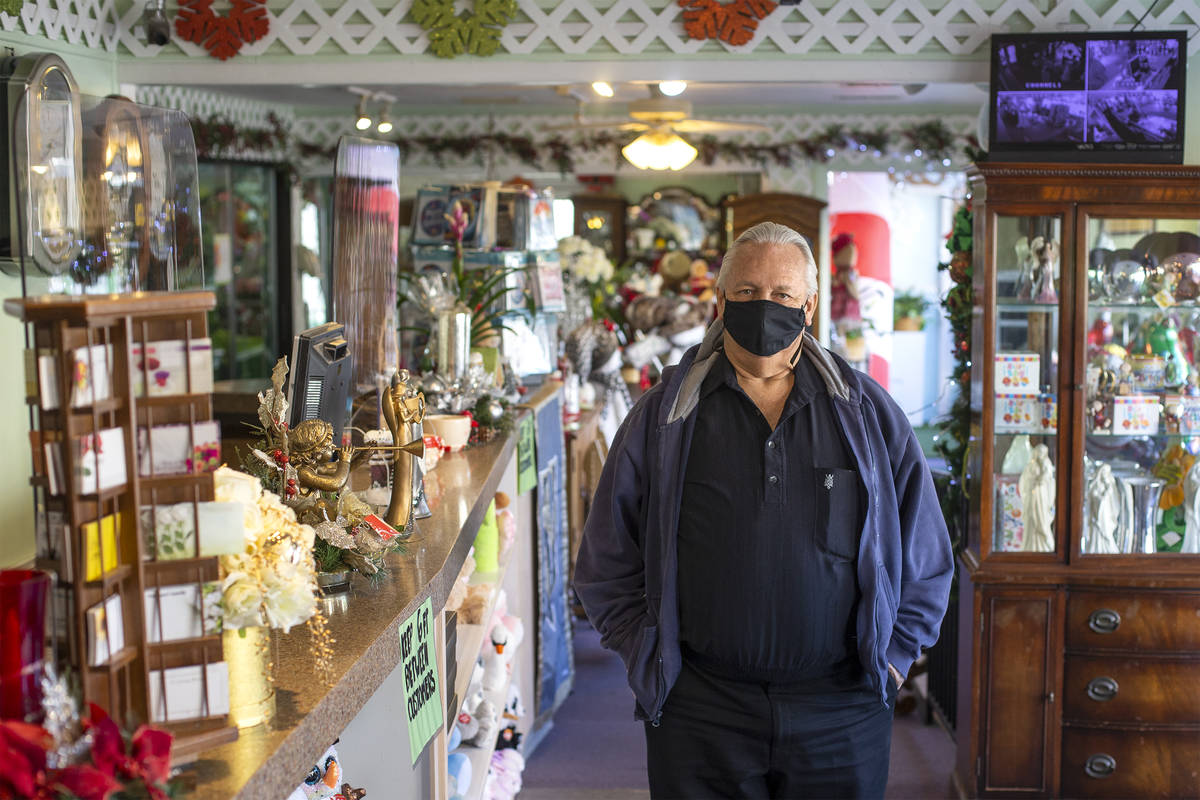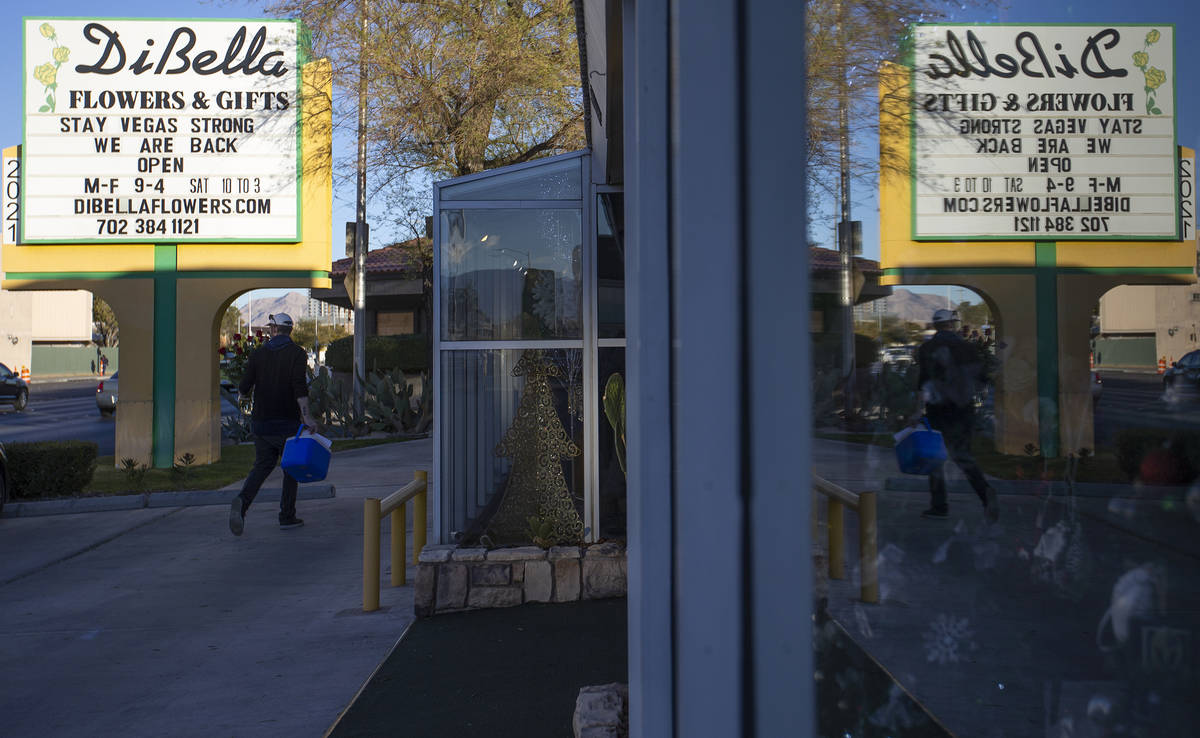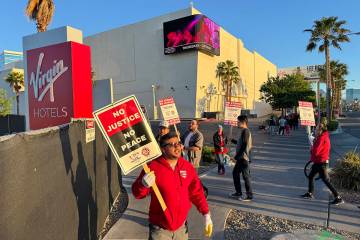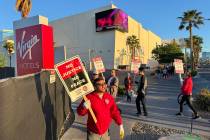Can employers force workers to get vaccinated? It depends.
It took months of research, development, clinical trials and manufacturing and logistic challenges. But the next hurdle in containing COVID-19’s spread will be persuading a large swath of the U.S. population to get vaccinated.
The Pew Research Center found that about four-in-10 of U.S. adults surveyed in late November said they definitely or probably would not get a coronavirus vaccine. And 21 percent of U.S. adults do not intend to get vaccinated and are “pretty certain” more information will not change their mind, Pew researchers found.
But some Nevada employers may not take “no” for an answer.
“I have spoken to several employers about employees that have already indicated they will refuse a vaccine,” said Thoran Towler, CEO of the Nevada Association of Employers. “Some employers, especially those that work in the medical field, are looking at terminating the employee if they refuse the vaccine. Another option is to put the employee on an extended unpaid leave of absence until the pandemic is under control.”
Talks still early
At least one Nevada gaming operator said it’s “too premature” to discuss any possible action on vaccination plans.
“Obviously, we will continue to monitor the situation closely. The health, safety and well-being of our team members has been priority one throughout the pandemic and will continue to be so,” Las Vegas Sands Corp. spokesman Ron Reese said.
Representatives for Caesars Entertainment Inc., Boyd Gaming Corp., Wynn Resorts Ltd., Red Rock Resorts and Culinary Local 226 did not respond to a request for comment about vaccination plans. A spokesman for MGM Resorts International declined to comment.
John DiBella, owner of DiBella Flowers & Gifts, said he hasn’t spoken to his eight employees yet on whether they plan to get vaccinated. It’s still too early, he said, but achieving herd immunity could give Las Vegas the ability to rebound.
“We’re all still holding our breaths until we get the vaccine for everybody. I know that some people are a little bit apprehensive, but I’m certainly not,” DiBella said. “I’m hoping that everyone will get a vaccine.”
Health care workers were among the first in the state to get the coronavirus vaccine Monday.
COVID-19 vaccinations shipped out after the Food and Drug Administration’s emergency authorization of the Pfizer-BioNTech vaccine on Dec. 12. The nation’s coronavirus death toll surpassed another grim milestone on Monday, topping more than 300,000 deaths.
Nevada’s largest employers association said that the vaccine is “the best way” to get businesses back on track from the pandemic and that if a customer or co-worker gets sick because an employee refused vaccines when they are available, the business could suffer.
“I tell employers to imagine a scenario where a COVID-19 outbreak happens at work and work stops or customers get sick. If that is something that can be avoided with vaccinations, the employer may want to make them mandatory,” Towler said.
The fine print
One legal expert said that employers can require workers to get a coronavirus vaccine, but there are exemptions.
Ruben Garcia, a professor of law at UNLV’s Boyd Law School and co-director of the university’s Workplace Law Program, noted Nevada is an at-will employment state.
“So unless the employee can basically say that they have a religious or disability objection to the vaccine, they would probably be required to get vaccinated,” Garcia added. “And the question would be whether or not there’s a reasonable accommodation for not getting the vaccine for the employee, but the employer has a lot of latitude in an at-will state.”
Anti-discrimination laws will also come into play.
Under the Americans with Disabilities Act of 1990, employees who decline to get vaccinated for medical reasons are eligible to request an exemption. And laws under Title VII of the Civil Rights Act of 1964 say that if taking a vaccine violates one’s religion, he or she would be able to opt out.
Garcia said the U.S. Equal Employment Opportunity Commission probably would provide employers guidance on the topic because both the ADA and Title VII are administered by the federal agency.
Another notable exception: While Nevada is an at-will state, it doesn’t count the Nevadans who work under a collective bargaining agreement, which requires an employer to have reasonable cause to terminate the employee.
Towler, of the Nevada Association of Employers, said he’s advising employers to look at other options before termination, including extended leave or transferring an employee to a place where they wouldn’t interact with the public or coworkers.
“Also, having an open and honest dialogue with the employee about their fears and concerns is helpful,” he said.
The Review-Journal is owned by the family of Las Vegas Sands Corp. Chairman and CEO Sheldon Adelson.
Contact Jonathan Ng at jng@reviewjournal.com. Follow @ByJonathanNg on Twitter.




